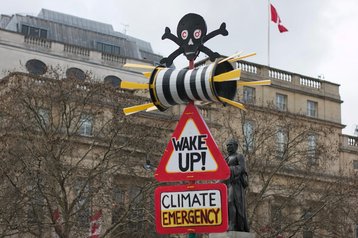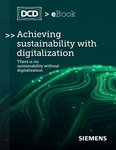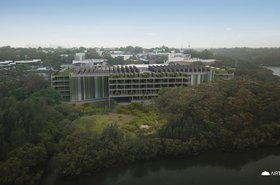The United Nations' latest climate change assessment painted a grim picture of a world where key systems are already on the point of collapse.
The Intergovernmental Panel on Climate Change's (IPCC) report reiterated the impacts of climate change and extreme weather events on humans and the ecosystems that sustain us, and said that the situation was only set to get worse without significant action.
The report is the culmination of years of work by more than 1,000 physical and social scientists and was unanimously approved by the governments of 195 nations.
The report found: About half the global population, between 3.3 billion and 3.6 billion people, live in areas "highly vulnerable” to climate change. Millions already face food and water shortages due to climate change. Mass species die-offs are underway. Key ecosystems are losing their ability to absorb carbon dioxide, meaning they will shift from carbon sinks to carbon sources (already, the Amazon has become a carbon source).
More than a billion people living by coasts in 2050 will be at risk - with many already in danger. Rising temperatures and rainfall are increasing the spread of diseases in people, crops, livestock, and wildlife. One in three people are exposed to deadly heat stress, which could increase to 50-75 percent by 2100.
Storms, wildfires, flooding, epidemics, agricultural production losses, and more are expected to get worse around the world.
Already, some of the human-induced impacts of climate change are irreversible, the IPCC found. Passing 1.5°C in warming will push us into a series of cascading events where wildfires, the die-off of trees, the drying of peatlands and the thawing of permafrost release additional carbon emissions, causing runaway warming. We are currently at 1.1°C.
There is still a "brief and rapidly closing window of opportunity to secure a liveable and sustainable future for all," however current plans to reduce greenhouse gas emissions will not be fast enough to secure that future.
The researchers warned of maladaptation and adverse side effects of some emission reduction and carbon dioxide removal measures. "Deployment of afforestation of naturally unforested land, or poorly implemented bioenergy, with or without carbon capture and storage, can compound climate-related risks to biodiversity, water and food security, and livelihoods, especially if implemented at large scales."
The IPCC also reminded people that the end of the century was now less than a lifetime away - a child born today will be 78 years old in 2100.
UN secretary-general António Guterres summed up the report: “Delay is death."




